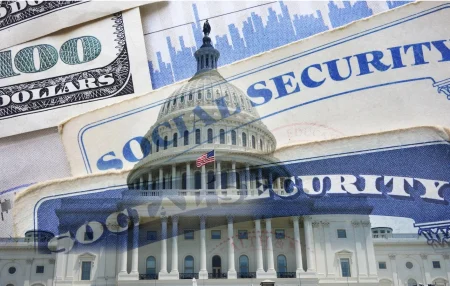The “current law” baseline for Congress’s tax system changes has become a contentious issue in the U.S. federal income tax system. This method assumes that there is a cost to extending temporary tax cuts, using the Congressional Budget Office (CBO) to calculate the potential consequences. Experts have varied opinions on this approach, with some proposing a shift to the “current policy” baseline, which assumes existing policies, like the extension of the Tax Cuts and Jobs Act (TCJA), continue indefinitely, effectively assigning them a cost of zero.
According to the Certified Public Accountant, this “current policy” shift could lead to concerns about debt and potential bond yields, especially if the Senate changes its position on the baseline method. This fiscal adjustment could have cascading effects, influencing debt markets and possibly raising bond yields. Many would consider this a seismic shift compared to the traditional approach, as it could significantly alter the direction of tax policy-making.
President Trump and his Republican colleagues continue to push for tax cuts, with many plan to raise the federal minimum spending to around $2 trillion. This ambitious goal is met with significant criticism, including concerns over the impact on infinite altruism and the proposed tax breaks for small businesses. The Revenue Divider Seats Act, in particular, has drawn strong opposition from tax蒸发ists, who argue that it undermines the exclusion of small, job-creating businesses from their taxes.
According to Axios, President Trump may support increasing taxes on the wealthy to compensate for the lack of revenue generated by state and local taxes, including the disposable taxes on tips. He also faces criticism from some Republican lawmakers, who object to the cuts proposed by several republicans, such as Sarah cosine. While cutthroat Invoice Results: The break-even point for tax cuts is much lower than the COVER—that is, the number of years over which the cuts will have their effects—it remains whether the Republican-lawarters can achieve the ambitious $500 trillion goal within four years.
The fate of the tax system hinges on the prudent use of tax cuts for infinite altruism and the potential for a deeper breakdown in real estate markets. The Senate Parliamentarian Elizabeth MacDonough is expected to make a quick decision on the issue, with her choice affecting the political direction of)>









